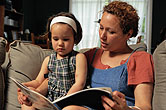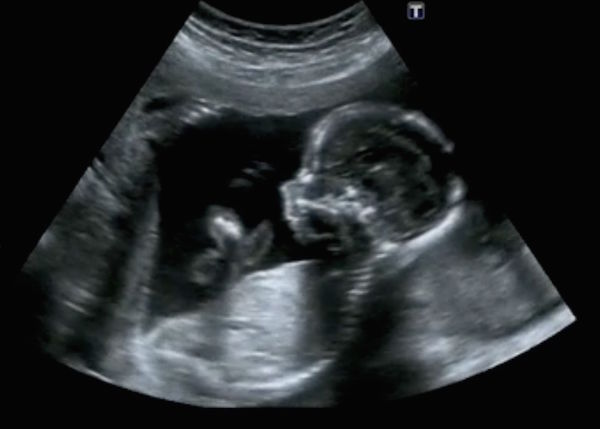
THURSDAY, Nov. 18 (HealthDay News) — Poor children get the most benefit from preschool, but such programs also help children who aren’t poor, particularly black youngsters, according to a new study.
“Universally available preschool programs are likely to narrow achievement gaps between children who are poor and those who are not poor, and also between racial groups,” said study author Daphna Bassok, an assistant professor of education policy at the University of Virginia, in a news release.
Most state preschool programs have income-based eligibility guidelines, but a number of states offer universal access and more states are considering doing so, said Bassok. She set out to examine how universal access to preschool programs had affected efforts to narrow school achievement gaps between different groups of children.
To do so, Bassok analyzed data from about 7,400 children who were part of the Early Childhood Longitudinal Study, a nationally representative data set that follows children from birth to kindergarten. She examined the link between preschool programs — including nursery schools, preschool centers and prekindergarten programs — and how children performed on a literacy test when they were 4.
Overall, all poor children seemed to benefit substantially from being in a preschool program before they began kindergarten, she found. Among white children, the literacy advantages gained in preschool were largely limited to poor children. Considerable literacy benefits were seen in both poor and non-poor black children.
The study appears in the November/December issue of the journal Child Development.
More information
The Nemours Foundation explains how parents can help their child adjust to preschool.

